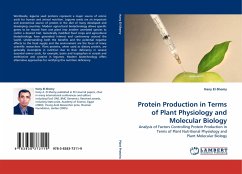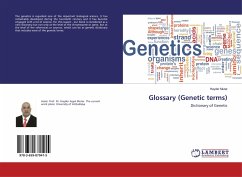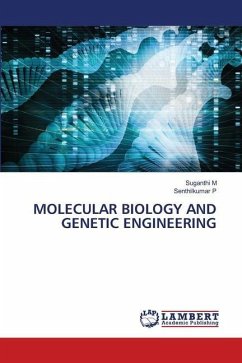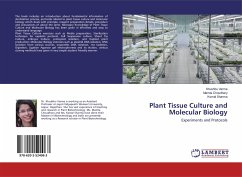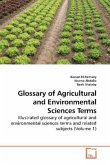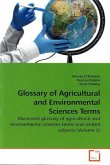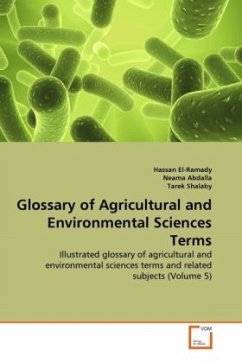Worldwide, legume seed proteins represent a major source of amino acids for human and animal nutrition. Legume seeds are an important and economical source of protein in the diet of many developed and developing countries. Modern agricultural biotechnology allows specific genes to be moved from one plant into another unrelated species to confer a desired trait. Genetically modified food crops and agricultural biotechnology have generated interest and controversy around the world. Understanding both the benefits and the potential negative effects to the food supply and the environment are the focus of many scientific researchers. Plant proteins, when used as dietary protein, are generally incomplete in nutrition due to their deficiency in several essential amino acids, for example, lysine and tryptophan in cereals and methionine and cysteine in legumes. Modern biotechnology offers alternative approaches for rectifying this nutrition deficiency.
Bitte wählen Sie Ihr Anliegen aus.
Rechnungen
Retourenschein anfordern
Bestellstatus
Storno

